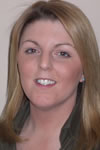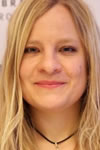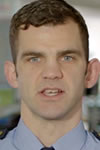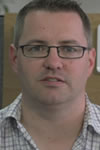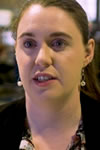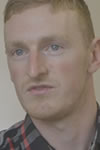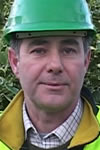
Fergus O'Connell, Quality Officer
Fergus works as a Senior Quality Officer in Teva Pharmaceuticals in Waterford. He completed his Leaving Cert with three Science subjects and went on to University College Cork to complete a degree in Microbiology. He started in Teva as a QA (Quality Assurance) Analyst and worked up to his current position.





